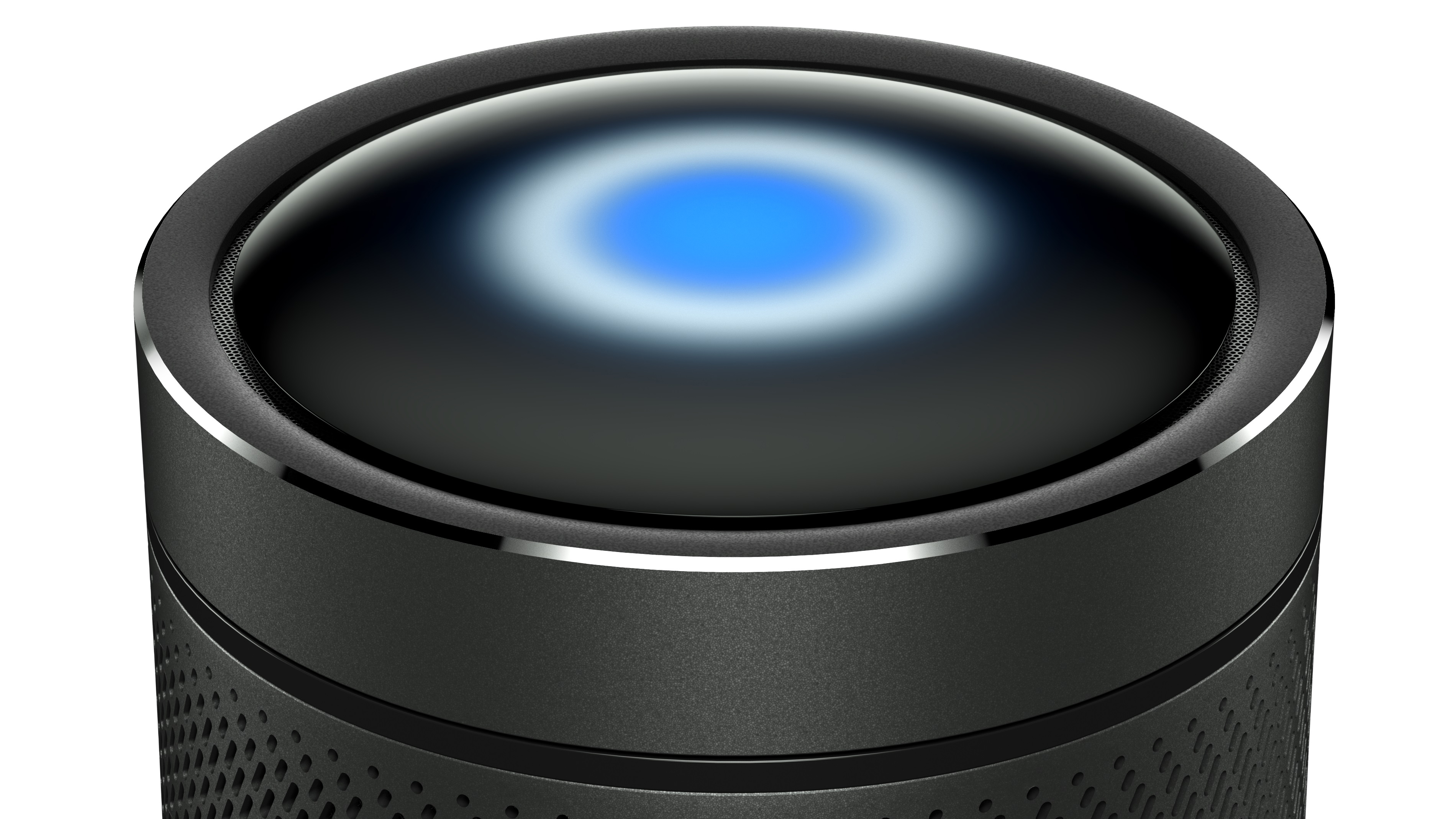Microsoft admits it was late to the virtual assistant game with Cortana
The market has “shaped differently” to what Microsoft expected

Corporate vice president of Cortana, Javier Soltero, has admitted that Microsoft was too late to the virtual assistant market with its own offering, which led to its rivals getting an upper hand.
In an interview with ZDNet, Soltero talks about how “this new market around ambient devices in the home has been shaped differently [to what] we expected”, and that Microsoft realized the growing virtual assistant market was important, but “didn't jump quickly [enough] on.”
So, while people are chatting away to Alexa and Google Assistant via their Amazon Echo and Google Home devices, people are having less to say to Cortana. That doesn’t mean Microsoft is giving up, however.
Go your own way
As Soltero explains to ZDNet, Microsoft is looking to forge its own path with Cortana, rather than attempting to play catch up. As it said at its recent Build 2018 conference, Microsoft is “starting to tell a different story” about Cortana.
This involves turning Cortana into an 'assistive' aid, rather than just an 'assistant'. What this means is that Microsoft doesn’t want people to think of Cortana as a separate app, or voice inside a device, that handles simple tasks via individual skills that rarely interact with other skills, like with the Echo. Instead it will be able to provide assistance with completing tasks more easily, or by acting proactively for users.
So, Microsoft is “looking at things people do at home, work and in between,” according to Soltero. “We are looking for ways to help.”
That doesn’t mean just setting a timer for someone who is sitting near a smart speaker, but travelling with people no matter where they are, moving from home to work, or even while they are on the go. In a classic piece of Microsoft jargon, Cortana will be “situationally appropriate”.
Sign up for breaking news, reviews, opinion, top tech deals, and more.
Cortana is also more likely to play nicely with other digital assistants, as shown by Microsoft’s collaboration with Amazon to make Cortana and Alexa work together.
As this year’s Build conference shows, Microsoft still has lots of plans for Cortana. “Cortana's not going away,” Soltero insisted to ZDNet. “There's nothing further from the truth. Our target is still to build Cortana as an assistant, too. Our intent is to remain coherent. But the result people want is the assistance. We think the one thing can carry the other.”
With Microsoft falling behind Google and Amazon in the digital assistant market, trying something new and innovative may well be its best bet to keep Cortana relevant.

Matt is TechRadar's Managing Editor for Core Tech, looking after computing and mobile technology. Having written for a number of publications such as PC Plus, PC Format, T3 and Linux Format, there's no aspect of technology that Matt isn't passionate about, especially computing and PC gaming. He’s personally reviewed and used most of the laptops in our best laptops guide - and since joining TechRadar in 2014, he's reviewed over 250 laptops and computing accessories personally.